NATO's relations with the Arab countries of the southern Mediterranean and the Gulf region have returned to the spotlight through meetings to discuss regional security challenges.

- Europe and Arabs
- Saturday , 12 April 2025 10:3 AM GMT
Brussels: Europe and the Arabs
The issue of relations between NATO and the Arab countries in the southern Mediterranean region, including the Gulf region, which have partnerships with the military organization under various names, has returned to the spotlight.
According to a statement issued by NATO headquarters in Brussels, NATO's North Atlantic Council and Southern Neighborhood Partners recently met within the framework of the Mediterranean Dialogue and the Istanbul Cooperation Initiative to assess their partnerships and exchange views on regional security challenges, particularly in the Sahel and Gulf regions, respectively.
32 flags at NATO headquarters in Brussels
On April 9, 2025, NATO Deputy Secretary General Radmila Chikerinska chaired a meeting with representatives of the four Istanbul Cooperation Initiative partners (Bahrain, Kuwait, Qatar, and the United Arab Emirates). This followed a meeting on March 19, chaired by NATO Secretary General Mark Rutte, with representatives of the seven Mediterranean Dialogue partners (Algeria, Egypt, Israel, Jordan, Mauritania, Morocco, and Tunisia). The Secretary General and Deputy Secretary General affirmed NATO's commitment to the Southern Neighborhood and its readiness to engage more effectively with its Mediterranean Dialogue and Istanbul Cooperation Initiative partners on security issues of common concern. They noted that growing instability in the Sahel and recent developments in the Gulf have direct implications for the security of NATO's partners in the region and for the Euro-Atlantic region. NATO Secretary General's Special Representative for the Southern Neighborhood, Javier Colomina, took these two occasions to brief the participants on efforts to strengthen political dialogue and practical cooperation with these NATO partners and enhance synergies with regional and international organizations, in accordance with the NATO Southern Neighborhood Action Plan, agreed upon at the Washington Summit in July 2024. He also highlighted the first agenda for addressing security challenges, developed between NATO and its Southern Neighborhood partners, which was approved by NATO Foreign Ministers in early April 2025.
This follows NATO Special Representative for the Southern Neighborhood, Javier Colomina, who traveled to Tunisia on April 7 and 8, 2025. This was his first visit to Tunisia in his new capacity. He met with Minister of Foreign Affairs Mohamed Ali Nafti, Minister of National Defense Khaled Shili, and National Security Advisor to the President of the Tunisian Republic Abderraouf Atallah, to discuss NATO relations with Tunisia and exchange views on regional security issues. Colomina emphasized the long-term importance of the committed partnership between NATO and Tunisia, particularly in the context of current regional security challenges, including developments in the Sahel. Reviewing cooperation to date, Colomina discussed with Tunisian authorities opportunities to deepen political dialogue and enhance practical cooperation, based on NATO's Enhanced Approach to the Southern Neighborhood, endorsed at the NATO Summit in Washington in July 2024. Noting the links between regional and global security, the NATO Special Representative said, "Strengthening our partnership is of great value to both NATO and Tunisia. The challenges we face are global and interconnected; we can best address them and ensure stability through international cooperation." Tunisia is one of the most ambitious partners in the Mediterranean Dialogue, and we appreciate its active participation. He added, "Within the framework of the Defense Capacity Building Package, NATO and Tunisia are deepening their cooperation." The Defense Capacity Building Package includes significant defense and security initiatives, enhancing interoperability with NATO, and enabling cooperation in areas such as maritime security, counterterrorism, cybersecurity, counter-improvised explosive devices (IEDs), women and peace and security, building integrity, and defense against chemical and biological agents. Tunisia is also strengthening its role as a regional capacity building hub and contributing significantly to regional stability, including through NATO-supported military education programs open to African countries. Tunisia joined the Mediterranean Dialogue in 1995. This NATO Partnership Framework aims to contribute to regional security and stability in the Mediterranean through political dialogue and practical cooperation.


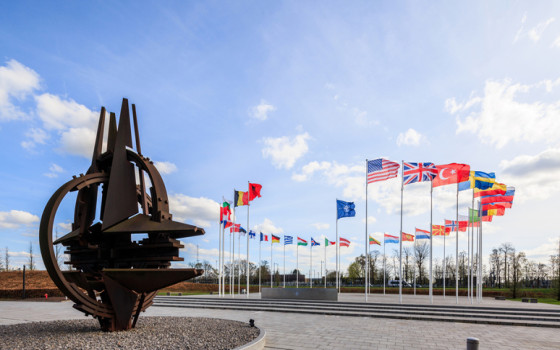

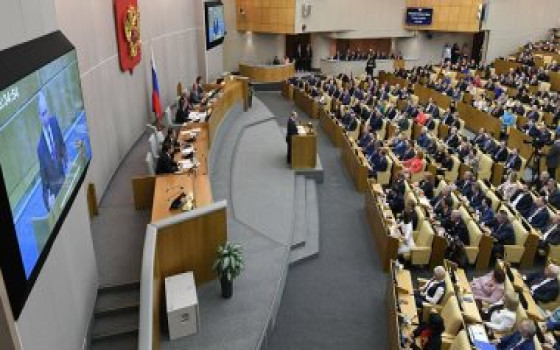
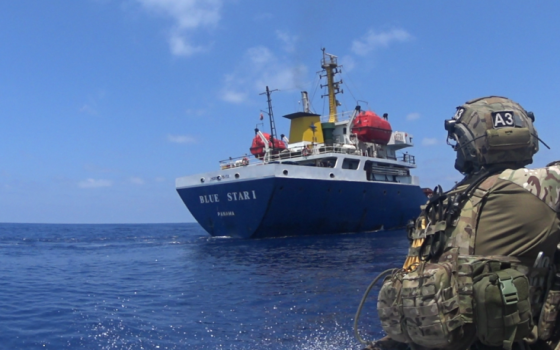
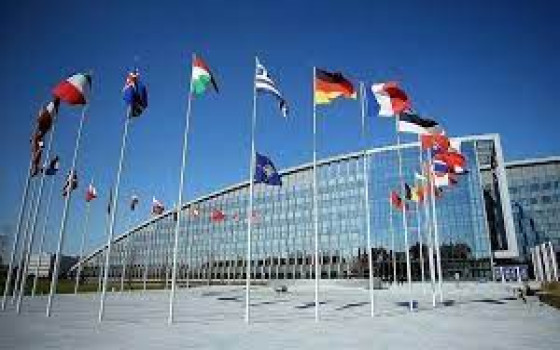
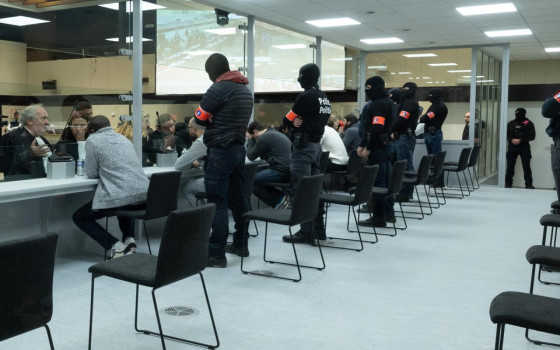
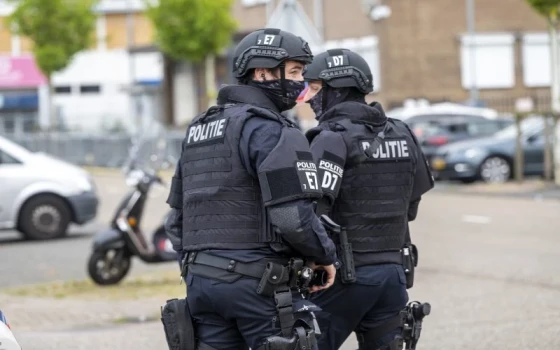
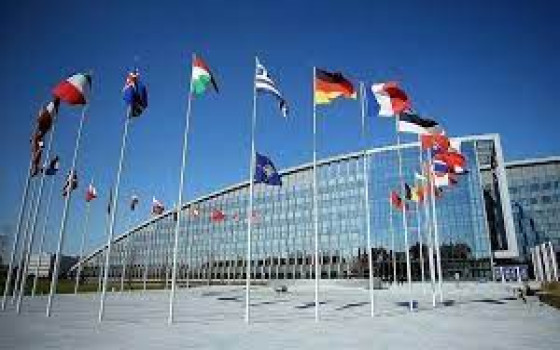
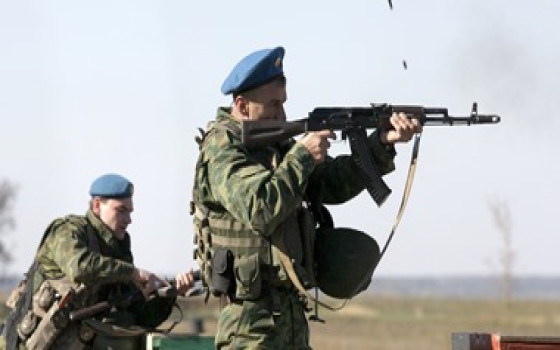
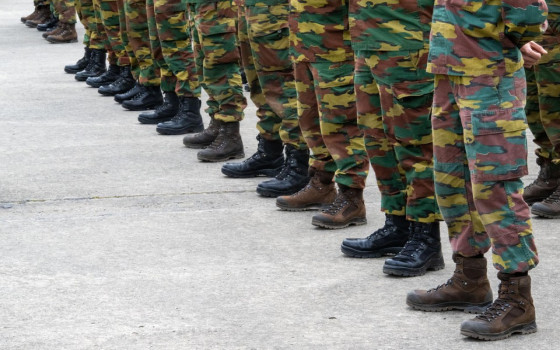


No Comments Found